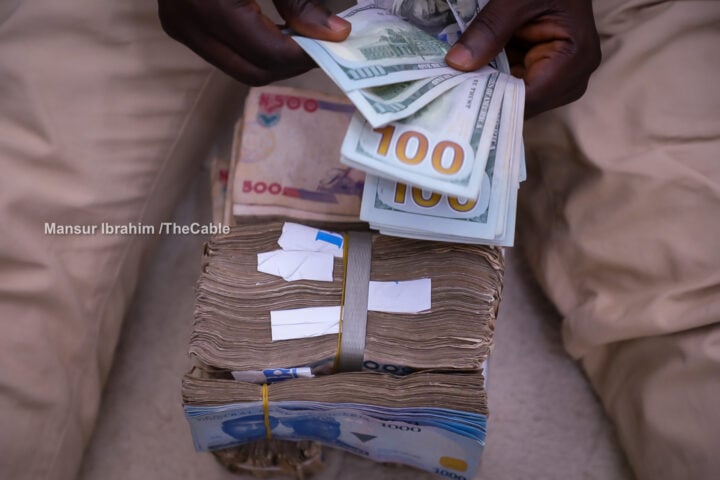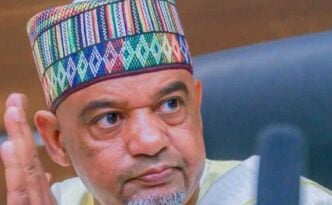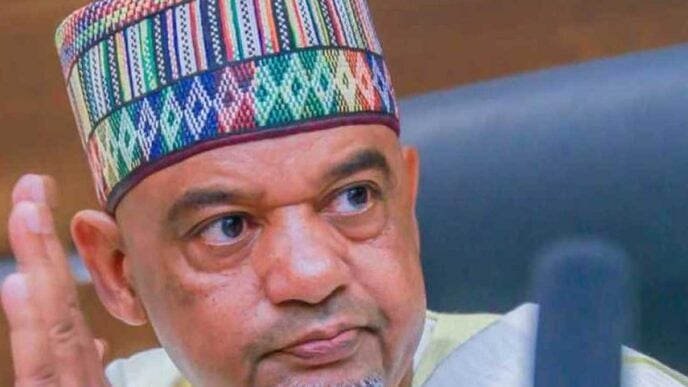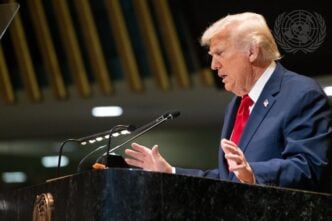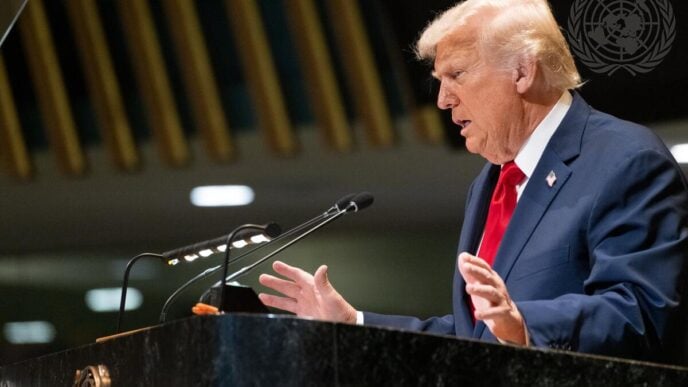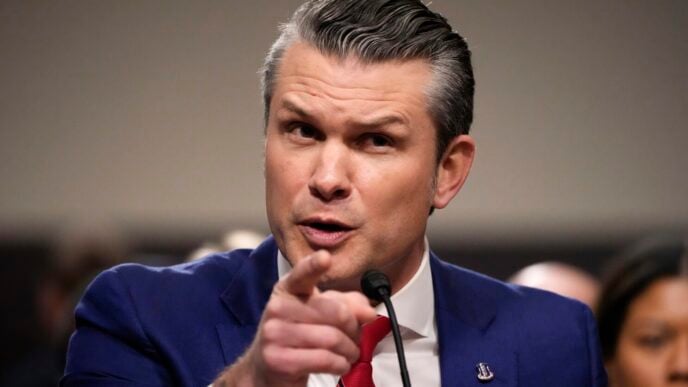The naira appreciated to N1,421 per dollar at the official section of the foreign exchange (FX) market on Friday.
Data from the Nigerian foreign exchange market (NFEM) — the country’s official market — showed that the currency gained N15.23 or 1.04 percent from the N1,436/$ recorded on October 30.
The latest recovery signals the naira’s strongest performance so far this year, and reflects a weeklong positive trend that has seen the local currency record consistent gains against the greenback.
According to the data, the local currency began the week at N1,452 to the dollar on Monday, appreciating further to N1,448 on Tuesday, and N1,444 on Wednesday.
Advertisement
At the parallel section of the market, the naira also appreciated throughout the week, selling at N1,490 per dollar on October 27 and October 28; N1,480 on October 29; N1,460 on October 30, and N1,450 on October 31.
In his Independence Day speech on October 1, President Bola Tinubu said the local currency has regained stability after experiencing volatility between 2023 and 2024.
“The gap between the official rate and the unofficial market has reduced substantially, following FX reforms and fresh capital and remittance inflows,” Tinubu had said.
Advertisement
‘ACCEPTABILITY OF CBN’S REFORMS STRENGTHENING NAIRA’
Speaking to TheCable on Saturday, Ayokunle Olubunmi, head of financial institutions ratings at Agusto & Co, said the strengthening of the naira is being supported by multiple factors, including the acceptability of the CBN reforms, increased foreign portfolio inflows, and improved oil production.
“The acceptability of the various reforms of the CBN and the success in attracting FPIs have significantly supported the currency,” Olubunmi said.
“The improved inflow from the uptick in Nigeria’s crude oil production also helped.
Advertisement
“The naira also benefited from the weak USD on the back of the various polices of the Trump administration. The removal of Nigeria from the grey list would further support the currency.”
However, he noted that navigating the bonds obligations maturing before the end of the year “will be crucial in keeping the exchange rate stable”.
Muda Yusuf, chief executive officer (CEO) of the Centre for the Promotion of Private Enterprise (CPPE), attributed the local currency’s appreciation to an improvement in the level of investor confidence, reduced speculative demand, and lower import pressure on forex.
“Because when you have a situation where investors confidence is improving, it results in an increased inflow of foreign exchange into the economy,” he said.
Advertisement
“Related to that is the fact that speculative demand is also reducing. When you have a system that is unstable, there is a lot of speculation on the currency, that puts a lot of pressure on the currency. So because of the stability, the speculative component of demand has also diminished drastically.”
Yusuf also said Nigeria’s reduced importation of petroleum products has eased pressure on foreign exchange demand.
Advertisement
The CEO added that the new regulatory framework introduced by the CBN has helped to curb abuses, money laundering, and other financial malpractices, thereby improving transparency and credibility within the forex ecosystem.
He also said Nigeria’s recent removal from the Financial Action Task Force (FATF) grey list has further boosted investor confidence.
Advertisement
The FATF, on October 24, delisted Nigeria from its greylist of countries with deficiencies in anti-money laundering and counter-terrorism financing frameworks.
Advertisement
